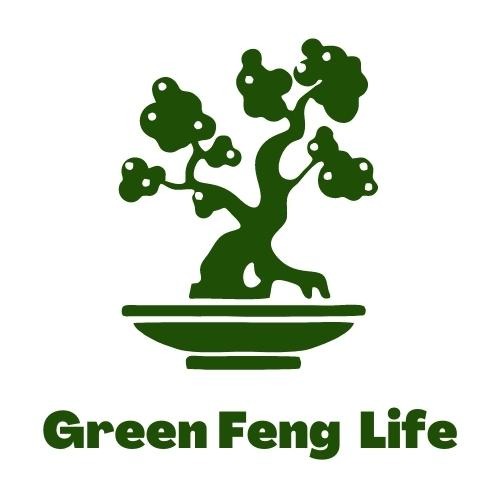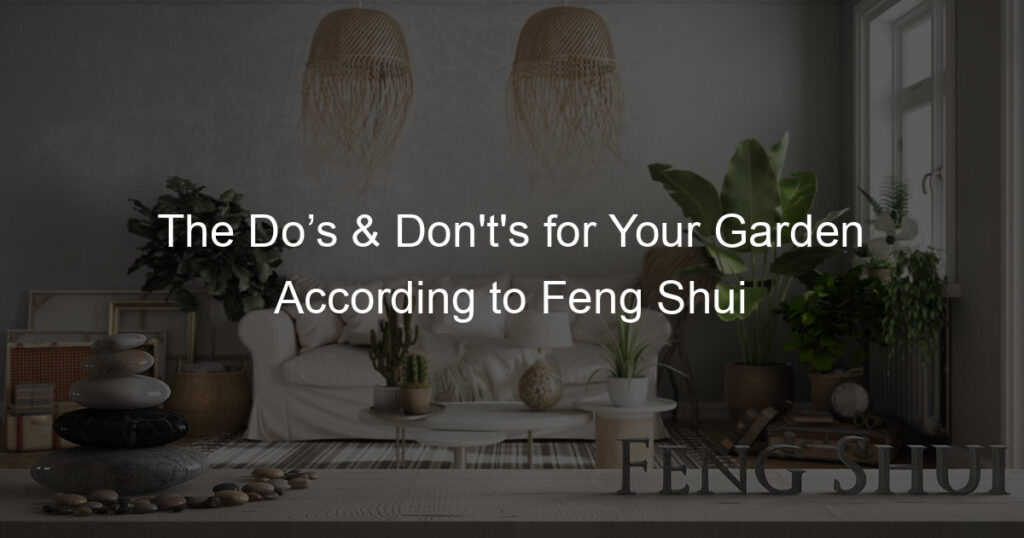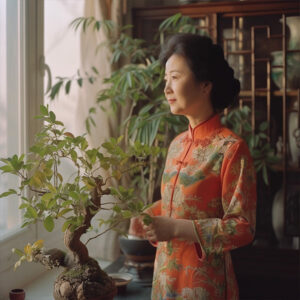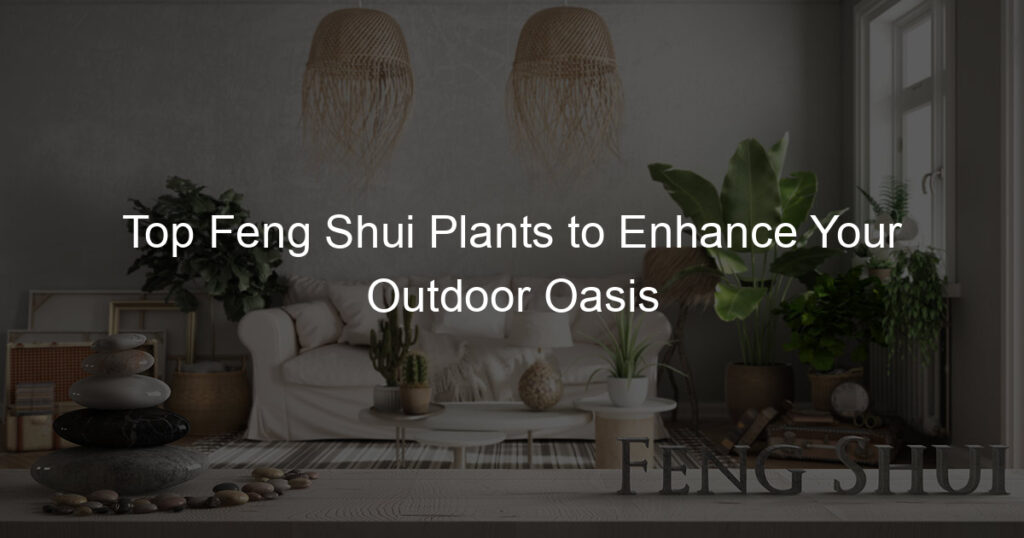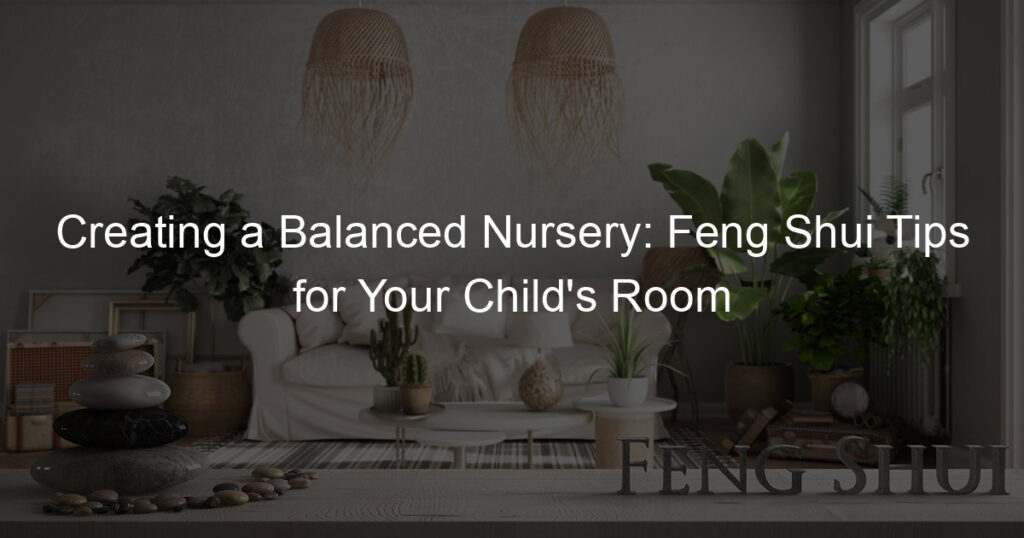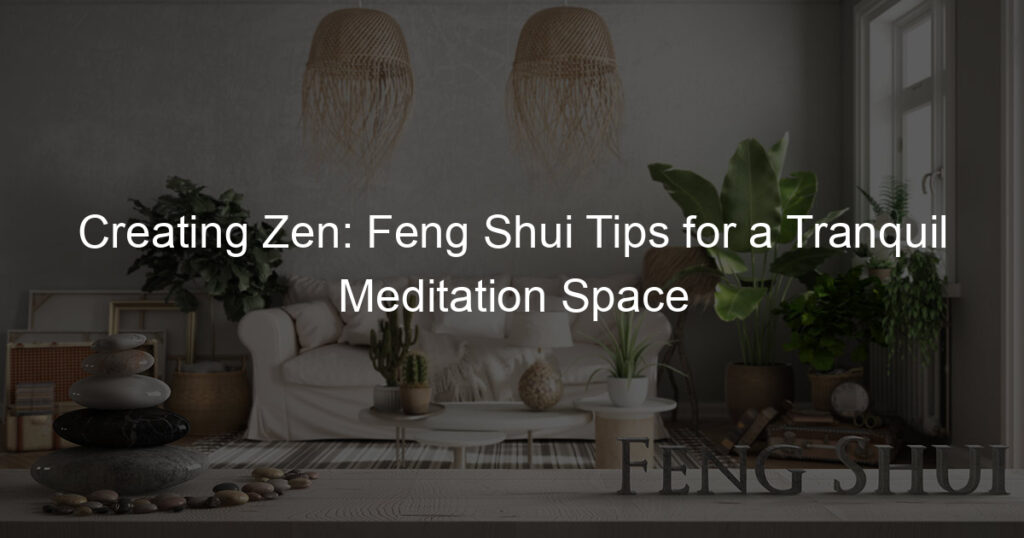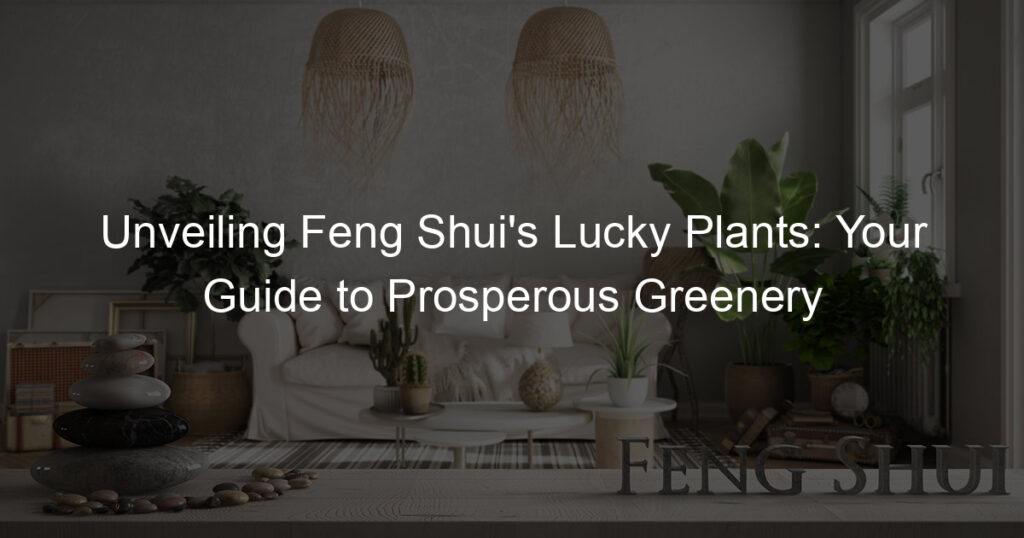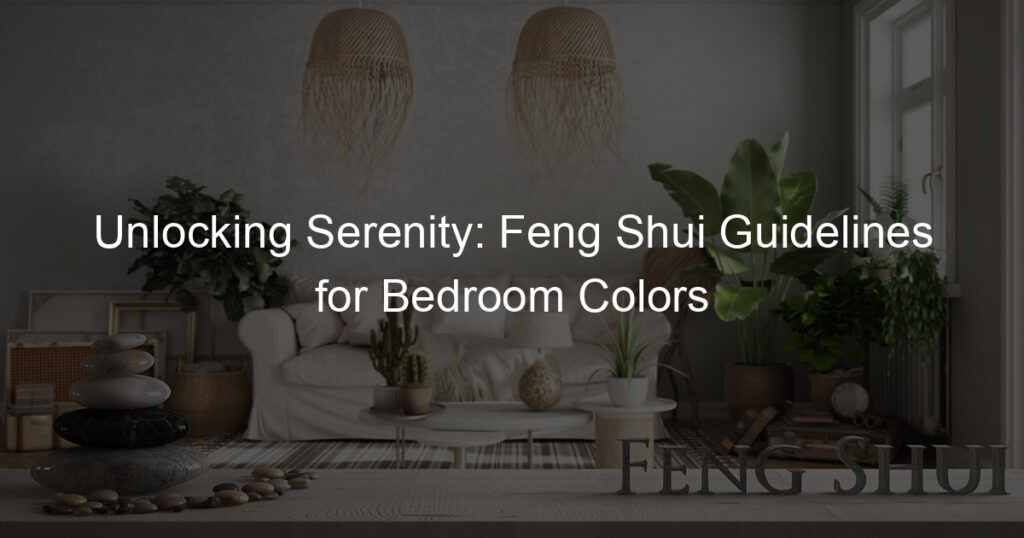If you’re looking to bring some good energy into your life, one way to do it is through your garden. By following the guidelines of feng shui, you can create a space that promotes harmony and balance. Here are some dos and don’ts to keep in mind when designing your garden according to feng shui principles.
What color should my garden be for feng shui?
Selecting a color for your garden using Feng Shui principles is not as intimidating as it seems. Color is one of the 5 elements in the ancient Chinese art of placement and has an important role in creating balance and harmony.
Typically, vibrant colors like yellow, blue, and red are associated with positive chi energy, while dark colors like black and grey are used to repel negative energy. A great place to start when selecting colors for your Feng Shui garden is to look at the outlook from each of the cardinal directions; north, south, east, and west.
According to Chinese tradition, each direction has its distinct qualities which will be reflected in the colors that you select for that specific area. With careful thought put into selecting colors based on aromas, temperatures, tastes, and visual appeal – you’ll create a gorgeous garden with flow and depth that will enchant you every day!
What plants are good for feng shui?
Plants can provide many unique benefits to your home and are especially important when it comes to achieving feng shui. Tall trees, like weeping figs or rubber trees, should be placed in corners to stimulate an energetic flow of chi throughout the space.
Money trees also offer strong feng shui vibes, as their round leaves are said to draw wealth to the household. For good luck and protection, keep a lucky bamboo plant close by; its thick stalks provide a powerful shield from negative energy.
Lastly, flowering plants such as jasmine or gardenia can bring joy and attract vibrant energy that can improve relationships in the home. When using plants for feng shui, it’s important to remember that their maintenance is what counts: make sure they’re healthy and well-tended because this is a great way of keeping their positive power in balance.
Which flower is good for feng shui?
For centuries, flowers have been used in various cultures to bring balance and a sense of peace. This is especially true of the ancient Chinese art of feng shui, which focuses on how to arrange objects correctly in an environment to bring harmony.
One flower that is particularly favored for feng shui use is the lucky bamboo plant. It has been said that any room with a lucky bamboo can attract good luck, money, and prosperity. Other flowers valued for their energy include Chrysanthemums and Camellias, both of which represent joy and beauty.
Both flowers are also thought to bring positive energy and create an inviting atmosphere when displayed in the home. Whether you’re looking to bring more harmony into your life or just want some cheerful decorations around your home, one of these beautiful flowers might be just what you need for your feng shui practice.
What plants are not good for feng shui?
Unlike many other popular approaches to interior design and decoration, feng shui is based on an ancient set of principles that are believed to bring balance and harmony. In the practice of feng shui, certain plants can enhance these features in a room through their texture, shape, and color. But, not all plants fit nicely into the art and science of feng shui.
Cacti, thistles, cattails, and aloe vera are some of the plants that do not do well with the flow of positive energy in a room. Furthermore, it’s important to note that any plant with sharp leaves or an aggressive appearance like palm trees must be avoided when practicing feng shui.
Keeping this advice in mind will help make your space aesthetically pleasing while embracing elements of feng shui principles.
How do I feng shui in my backyard?
Feng shui principles can be utilized to improve the energy of your backyard.
- To start, it is important to clean your yard of any clutter or mess that does not directly contribute to a positive atmosphere.
- Next, make sure to tidy up any existing structures and plans for incorporating natural elements like plants and stones.
- The colors you choose for the walls and furniture should enhance the ambiance; cooler colors such as blues and greens tend to be more calming than warmer colors.
- It’s also beneficial to research traditional feng shui beliefs about what type of objects should go where in strong, direct positions based on their symbolisms.
Thinking about these basics will help you create a balanced, energizing, and inviting space that you’ll love spending time within!
Last Words: The Do’s & Don’ts for Your Garden According to Feng Shui
Ultimately, using the principles of Feng Shui with your garden can help create an oasis and inviting space to enjoy with your family and friends. It’s important to note that your landscape should reflect your individuality, so don’t be afraid to mix different styles as long as key elements are balanced.
Be sure to add plenty of plants of all shapes and sizes, water features such as fountains or small pools, stones, furniture, and other objects which favor both the energies of yin and yang. Above all else, strive for balance in seating areas and pathways but also, let yourself go and trust your instincts when choosing colors, materials, or plants – it will all come together eventually!
Finally, if you ever feel overwhelmed by the thought of landscaping a perfectly balanced outdoor space – remember that no matter what design you end up choosing – these Do’s & Don’ts for Your Garden According to Feng Shui will have helped you steer you in the right direction.
